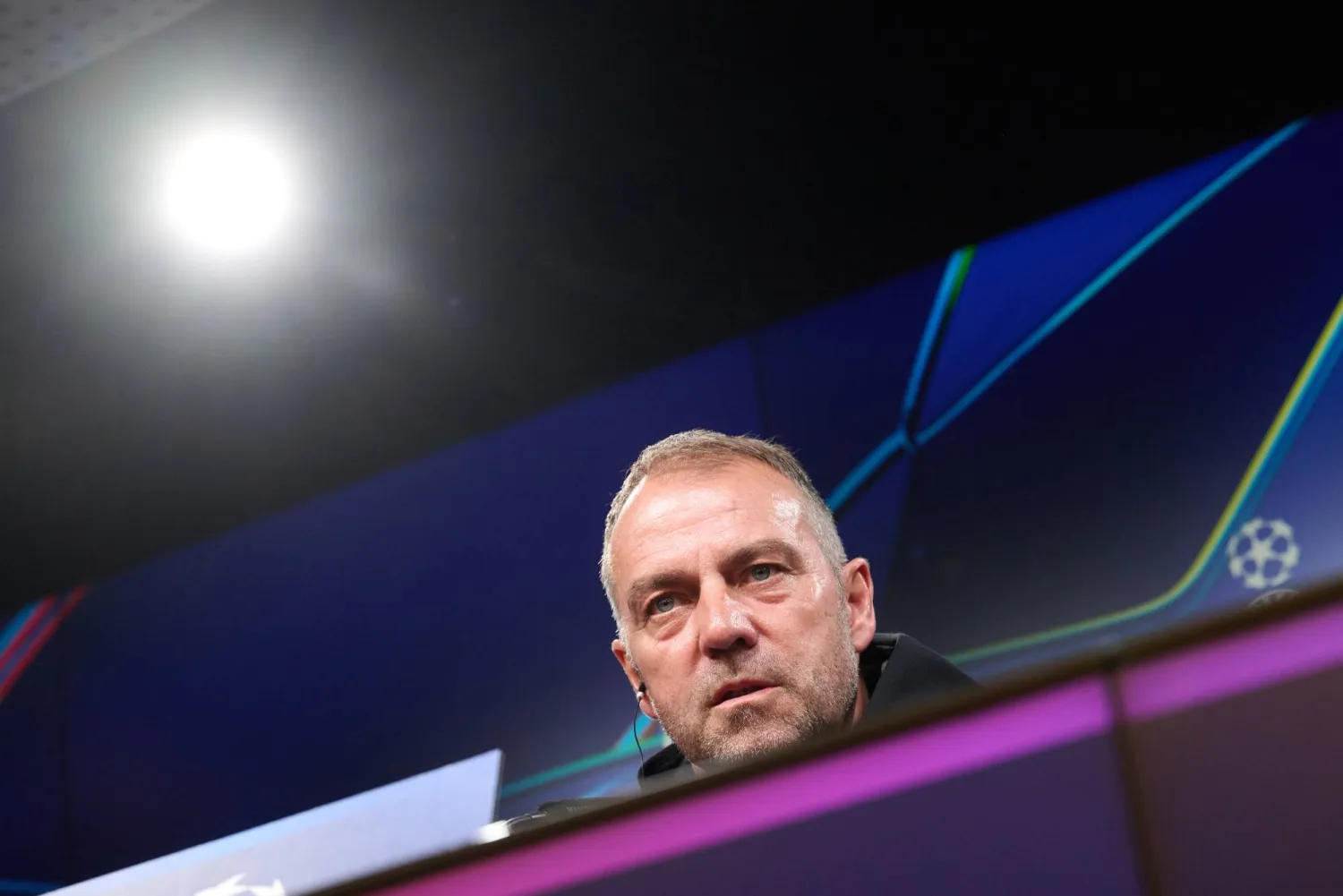Liverpool and Egypt star Mohamed Salah joined an exclusive group when he opened the scoring in a 3-1 Premier League victory over West Ham United at the weekend.
He became only the fifth player to either score or assist a goal in each of his team's first six league games of a season after David Beckham, Thierry Henry, Sergio Aguero and Erling Haaland.
Here, AFP Sport highlights African headline-makers in the major European leagues:
ENGLAND
MOHAMED SALAH (Liverpool)
His fourth goal this season sparked second-placed Liverpool to a 3-1 win over West Ham at Anfield. Salah converted a 16th-minute penalty after he was brought down by Morocco international Nayef Aguerd.
ABDOULAYE DOUCOURE (Everton)
The Mali midfielder's superb strike helped Everton win in the league for the first time this season and climb out of the relegation zone with a 3-1 victory at Brentford. Doucoure struck after just six minutes with a half-volley.
SPAIN
INAKI WILLIAMS (Athletic Bilbao)
The Ghana international broke the deadlock in Athletic's 2-0 La Liga win over Alaves after 18 minutes when he was sent through on goal, after a clever run in behind the defense. The striker missed a fine chance to double his tally when he slashed an effort off-target with his left foot when well placed.
GERMANY
ERIC MAXIM CHOUPO-MOTING (Bayern Munich)
Choupo-Moting opened the scoring after just four minutes in Bayern's 7-0 Bundesliga rout of lowly Bochum. The Cameroon international tapped in for his first goal of the season in his first league start.
VICTOR BONIFACE (Bayer Leverkusen)
Boniface continued his blistering start with Leverkusen, scoring another brace in a 4-1 win over promoted Heidenheim. The Nigerian smashed the ball home to give Bayer an early lead and netted from a second-half penalty.
SERHOU GUIRASSY (Stuttgart)
Guirassy was another African to score twice, as Stuttgart defeated Darmstadt 3-1. The Guinea international struck with a shot and a dink to raise his season total to 10 goals from five matches.
FRANCE
JEREMIE BOGA (Nice)
The France-born Ivory Coast international winger came off the bench to score a stoppage-time Ligue 1 winner for Nice as they beat local rivals Monaco 1-0 away after Folarin Balogun had two penalties saved for the home team. It was the 26-year-old's first goal since a big-money move from Atalanta in the close season.
STEVE MOUNIE (Brest)
The Benin international forward came off the bench to head a late winner as Brest beat struggling Lyon 1-0. The result left the unheralded club from Brittany on top of the table, a point clear of Nice and two ahead of both Paris Saint-Germain and Monaco.
MORGAN GUILAVOGUI (Lens)
Guinea international Guilavogui was another player to star off the bench as he came on as a substitute and grabbed a late winner for Lens against Toulouse. Last season's runners-up came from behind to win 2-1 and claim their first victory of the campaign.









